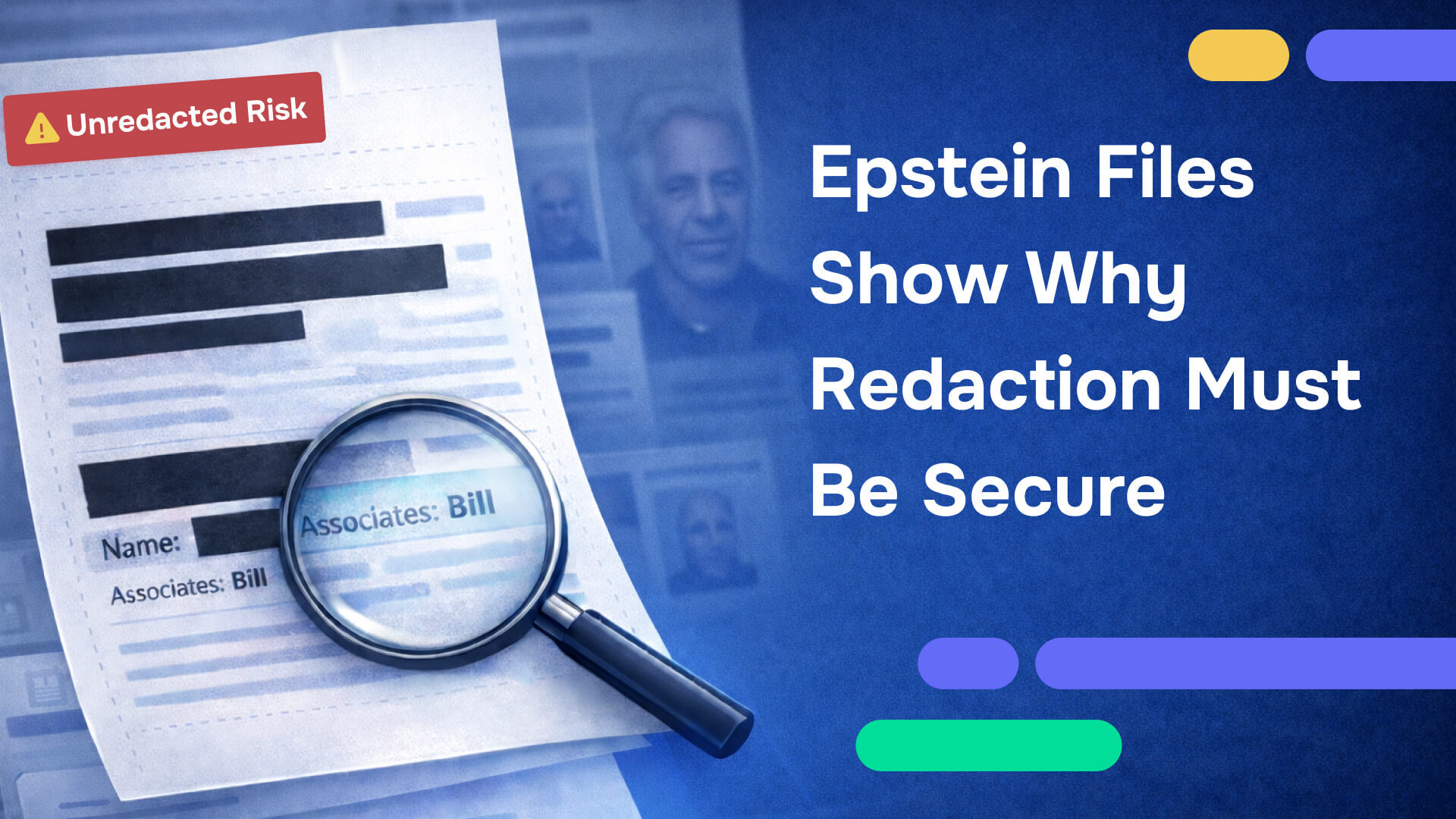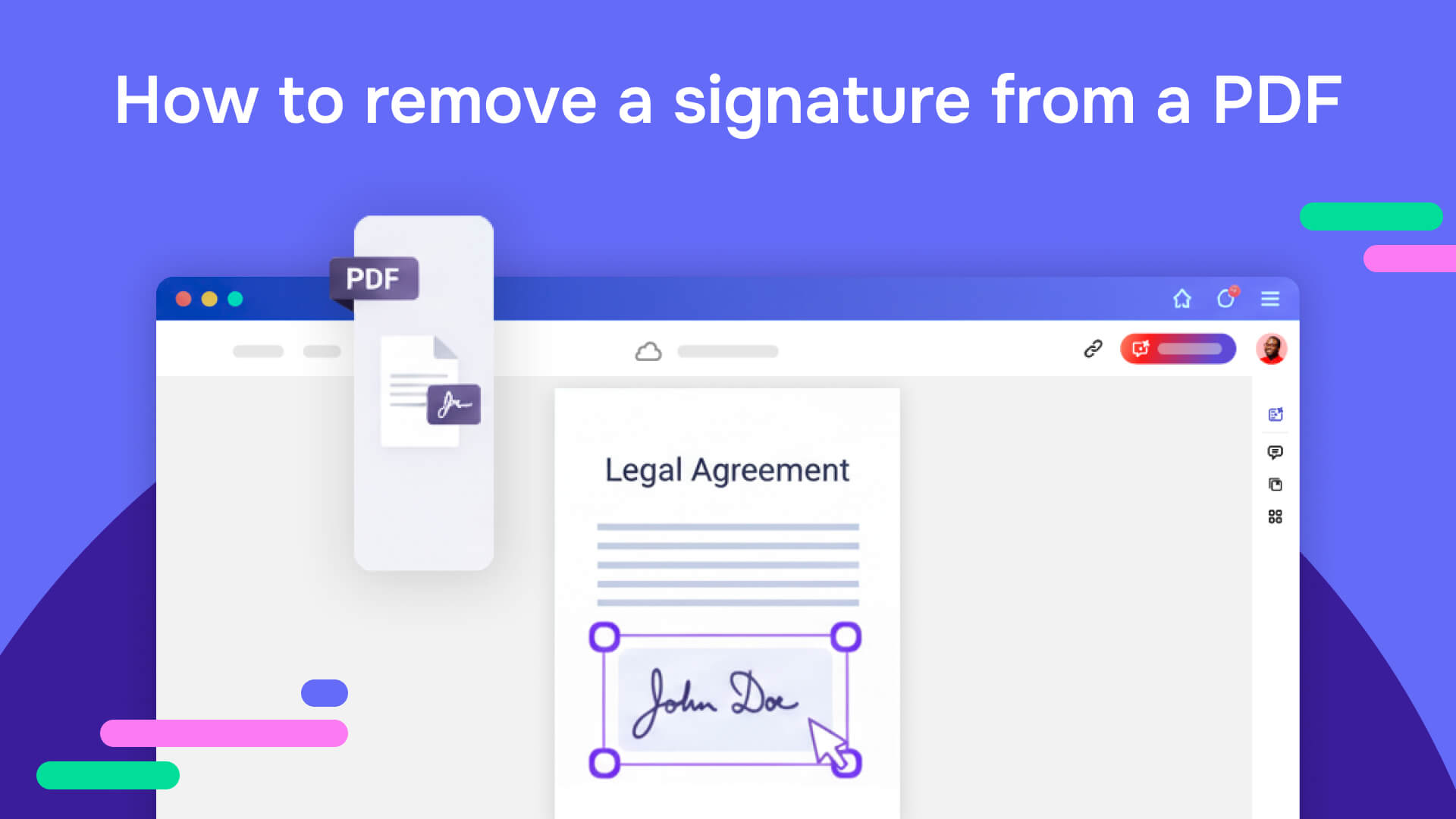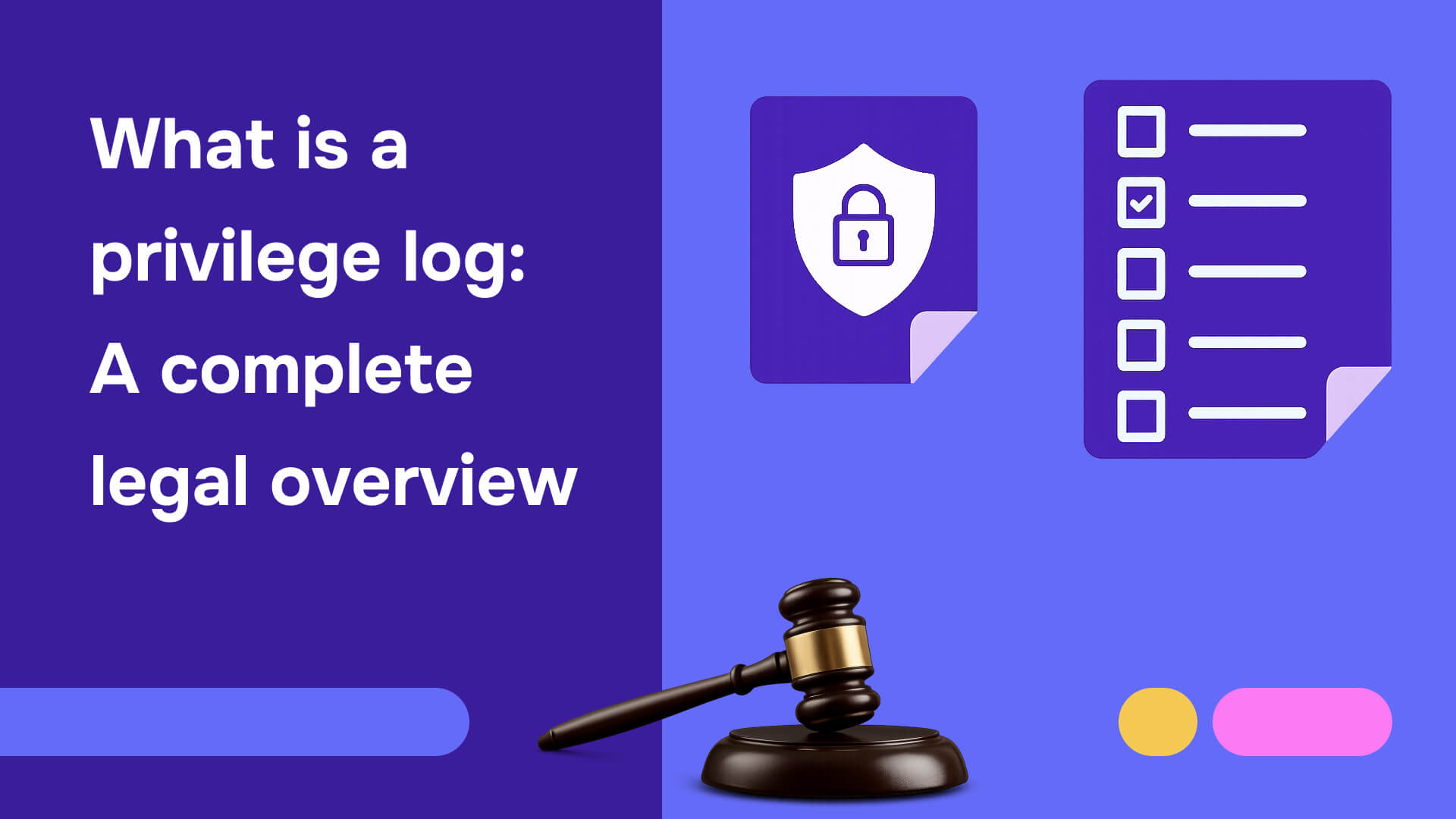The increasing frequency of data breaches in healthcare is alarming. In 2023, over 133 million patient records were compromised, marking a 156% increase over the previous year. With nearly 374,000 records breached daily, robust preventive measures are crucial to protect your patients' sensitive information.
This serious issue highlights the need to strengthen cybersecurity in healthcare organizations. By implementing effective strategies, such as data redaction, you can significantly reduce privacy risks and reinforce trust within your community.
Read on to learn more about healthcare data breaches, their consequences, and discover practical solutions healthcare providers, health care clearinghouses, and health plans can use to prevent any breach of medical confidentiality.
What are the healthcare data breaches?
Healthcare data breaches occur when unauthorized parties access or disclose personal and medical records. These breaches are particularly sensitive due to the nature of the information involved. Unlike general security breaches, healthcare data breaches can have direct impacts on patient care and well-being.
The compromised data in healthcare breaches often includes:
- Patient medical records: This includes medical histories, treatment plans, and diagnostic information. Unauthorized access to this data not only violates patient privacy but can also disrupt care continuity. The 2023 Welltok breach, which exposed over 8 million records, demonstrates the potential scale of such incidents.
- Billing and financial information: When billing data is compromised, it can lead to significant financial losses for both patients and healthcare organizations. Insurance details and credit card numbers are particularly vulnerable. The 2023 MOVEit attack highlighted these risks by exposing extensive financial information.
- Personal identification details: Social Security numbers and other identifiers are prime targets for identity theft. When compromised, these can result in long-term financial and legal consequences for affected individuals.
How do healthcare data breaches occur?
A breach of medical confidentiality can occur as a result of various vulnerabilities in systems, processes, and human behavior. As a healthcare business owner, it's crucial to understand these primary causes:
- Cyberattacks: Healthcare systems are prime targets for malicious tactics like ransomware and phishing. The 2023 PharMerica breach, which exposed personal data of 5.8 million individuals, illustrates the severity of these threats.
- Insider threats: Employees or contractors with access to sensitive data can inadvertently or intentionally cause breaches. Proper training and monitoring are essential to mitigate this risk.
- Human error: Simple mistakes by your staff, such as sending information to the wrong recipient or mishandling data, can lead to significant breaches.
- System vulnerabilities: Outdated software, unpatched systems, and weak security configurations in your organization can be exploited by attackers, compromising medical confidentiality.
- Physical theft: Lost or stolen devices containing unredacted patient information pose a substantial risk to data security.
With so much data to protect, and so many possible vectors of attack, the damage caused by any breach is exacerbated if the private health information was stored and exchanged without proper redaction.
Consequences of data breach in healthcare
Any breach of medical confidentiality can have far-reaching impacts on organizations and patients. These impacts extend well beyond immediate financial losses, potentially causing long-term damage to patient trust and operational integrity. Here are the main consequences and their implications for your business:
- Patient privacy violation
Exposure of sensitive medical files puts your patients' privacy at significant risk. Misuse or inappropriate disclosure of personal health information can have serious consequences for individuals.
- Financial impact
Data breaches often result in hefty financial penalties, starting with meeting the cost of HIPAA violations, and potentially ending in class action lawsuits. Additionally, your organization faces significant expenses for investigating and remedying the incident.
- Disruption of services
Breaches may call for temporary system shutdowns for damage assessment, leading to delays in patient care and disruptions in service delivery.
- Trust erosion
A breach can shake patients' confidence in your ability to secure their information. This loss of trust may lead to declining loyalty and satisfaction within your community over time.
- Regulatory repercussions
Non-compliance with data protection laws can result in stringent penalties and legal challenges, potentially raising concerns about your operations.
- Reputational damage
Public knowledge of a breach can severely harm your organization's credibility and reputation, impacting business levels and standing in the healthcare community.
- Increased scrutiny
Following a breach, your operations may face heightened oversight and more rigorous audits. Demonstrating robust security measures becomes crucial for maintaining smooth operations.
How to prevent healthcare data breaches
Guarding against healthcare data theft or misuse is crucial for your business to avoid costly consequences, including HIPAA penalties. A proactive approach is essential for safeguarding sensitive information and maintaining smooth operations. Consider these key steps:
Implement advanced security measures
- Regularly update all devices and systems
- Use encryption to protect data at rest and in transit
- Employ multi-factor authentication for accessing sensitive systems
Conduct regular security audits
- Schedule quarterly vulnerability assessments using tools like OpenVAS
- Perform simulated attacks to uncover hidden weak points
Provide employee training and awareness
- Conduct periodic training sessions on safe practices
- Use real-life examples to make lessons relatable
- Implement phishing simulations to reinforce awareness over time
Develop an incident response plan
- Create a detailed plan with clearly defined roles and communication protocols
- Conduct regular drills to prepare staff for various scenarios
- Include immediate containment steps for security incidents
Enhance data monitoring and protection
- Implement solutions to quickly detect suspicious activities
- Set alerts for unusual login patterns
- Regularly review logs to identify and proactively address potential risks
Use automated redaction tools
- Reduce the risk of breaches and human errors by ensuring all sensitive information is correctly removed before external sharing
- Implement AI-powered tools like Redactable to automatically redact sensitive data in documents
What is the importance of healthcare data, and why does it need protection?
Protecting healthcare data is not just a legal obligation; it's a cornerstone of ethical healthcare delivery and essential for providing quality care and ensuring patient safety. This sensitive information needs to be protected for the following reasons:
- Enhances patient care: Accurate and accessible data is crucial for accurate diagnosis and treatment. Your healthcare team relies on this information to provide high-quality care tailored to each patient's needs.
- Optimizes healthcare operations: The efficient functioning of your healthcare business depends on secure and readily available patient files. Protected data ensures smooth day-to-day operations and continuity of care.
- Supports research and innovation: Secure data sharing facilitates healthcare innovation. Medical breakthroughs often stem from analysis of aggregated, anonymized patient information, making data protection essential for progress in the field.
- Compliance and legal requirements: Maintaining data integrity is crucial for meeting legal standards like HIPAA. Failing to comply can lead to severe legal consequences, the high financial cost of HIPAA violations, and erode trust in your organization.
- Patient trust and confidentiality: By safeguarding patient information, you uphold the sacred trust between healthcare providers and patients. This protection is fundamental to maintaining patient confidence and the confidentiality of their health information.
The Redactable solution for preventing medical data breaches
Protecting sensitive healthcare information is essential for maintaining compliance and preserving the trust of those you serve. As data breach risks in the healthcare industry continue to grow, so do the potential legal penalties and reputational damage.
One effective solution is integrating an automated redaction tool into your workflows. With the right technology, you can consistently apply redactions across various file types, helping to keep patient information private and secure.
Redactable is a leading document redaction solution that can help prevent sensitive information from falling into the wrong hands. By adopting this artificial intelligence-driven tool, your business can benefit in several ways:
- Automated redaction: Redactable streamlines the redaction process, making it significantly faster and more accurate than manual methods. This efficiency allows your team to focus on other critical tasks while ensuring thorough protection of sensitive data.
- Compliance: The tool helps ensure you meet all necessary regulations by securely and accurately redacting sensitive data every time. This consistent approach reduces the risk of compliance violations and associated penalties.
- Efficient data protection: By incorporating Redactable into your existing security protocols, you can bolster the safety of patient files and minimize the risks of accidental exposure. This added layer of protection helps safeguard your patients' privacy and your organization's reputation.
Experience firsthand how Redactable can strengthen your data protection efforts and help you stay ahead of potential security threats by booking a free demo today.







